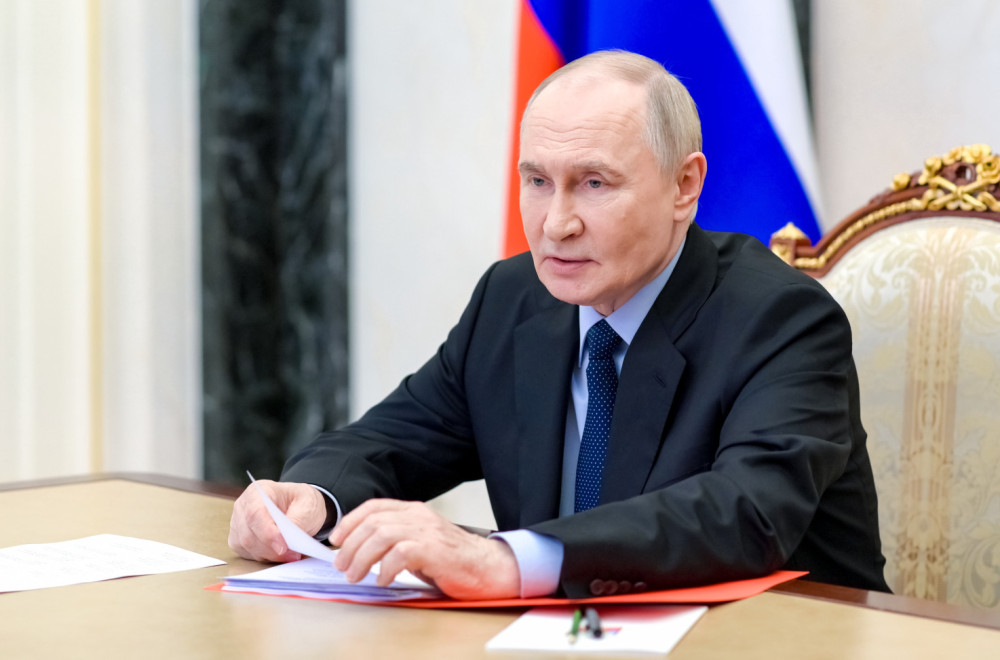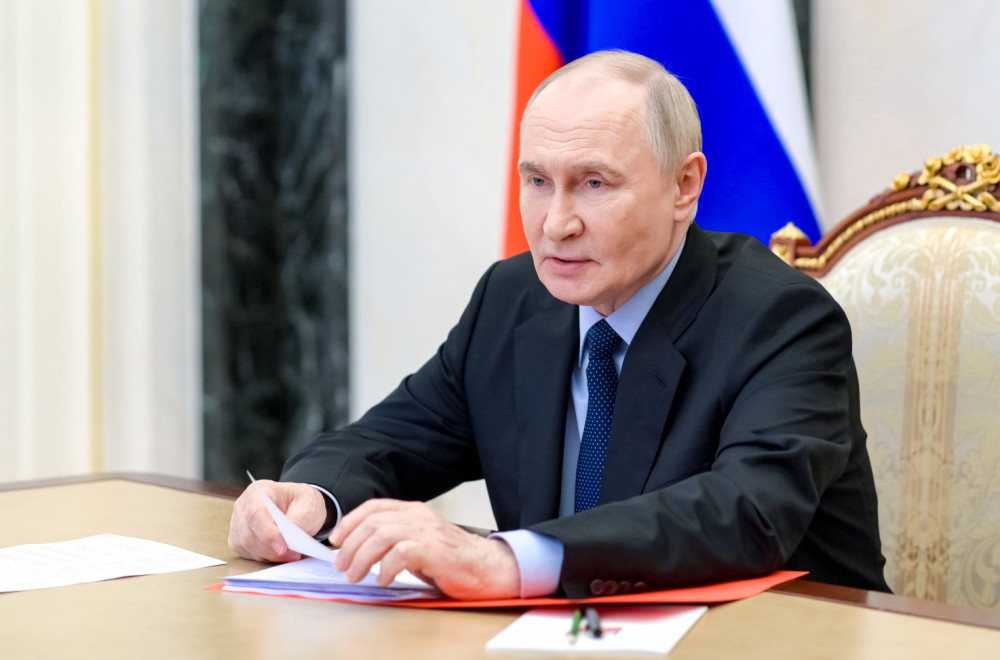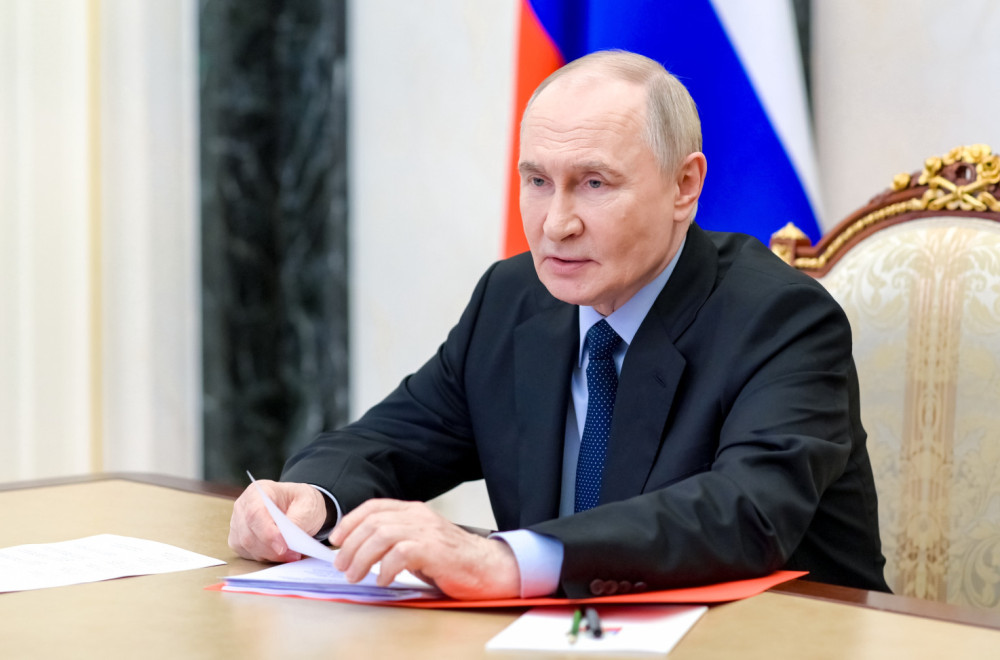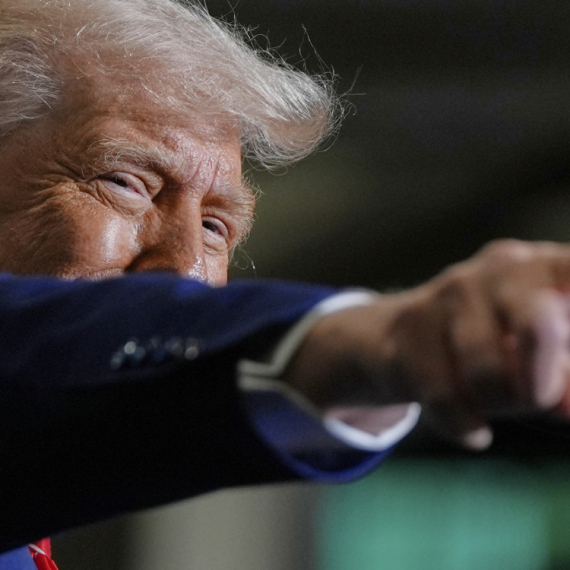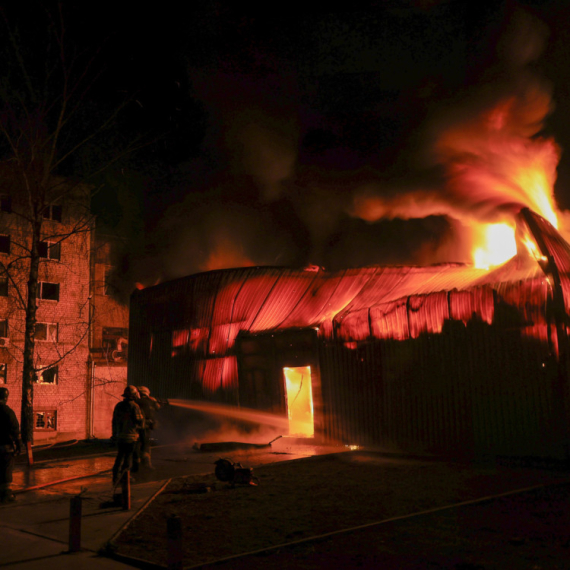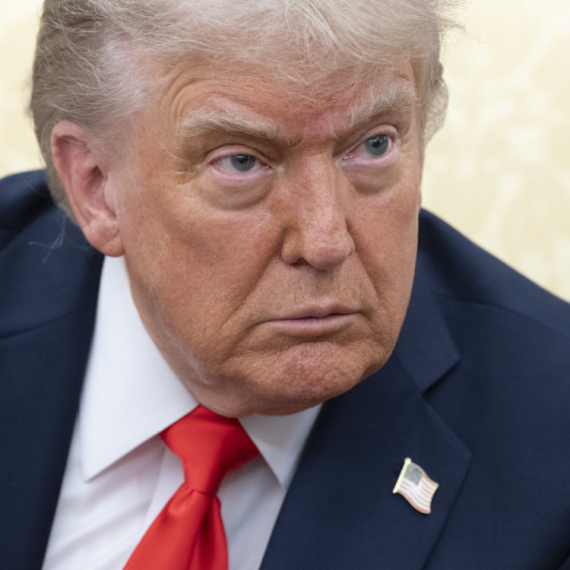The main topic of the article is the chaos in the US Senate caused by a proposed bill to impose stricter sanctions on Russia if it does not end the war in Ukraine. The bill has broad bipartisan support, but President Donald Trump has not shown willingness to back it, insisting that decisions on sanctions remain exclusively with him. The bill aims to reduce Russia’s oil and gas exports, which would significantly impact Russia’s budget and war expenses. Ukrainian officials estimate that reducing Russia’s oil exports could cut its revenues by $60 billion annually. Senators are trying to amend the bill to make it acceptable to the White House, while Trump expresses skepticism about accelerating sanctions. This situation highlights tensions between the US executive branch and the legislative body regarding policy towards Russia and Ukraine.
Political Perspectives:
Left: Left-leaning outlets emphasize the need for strong and immediate sanctions on Russia to pressure it to end the war in Ukraine. They highlight the bipartisan support in the Senate as a positive sign of US commitment to Ukraine and criticize any hesitation from the Trump administration as undermining efforts to hold Russia accountable.
Center: Center-leaning sources report the situation as a complex political struggle between the Senate and the President, focusing on the legislative process and the balance of power. They present the facts about the proposed sanctions and the strategic considerations behind them, noting the economic impact on Russia and the diplomatic nuances involved.
Right: Right-leaning media often stress the importance of presidential authority in foreign policy decisions, supporting Trump’s stance that sanctions should be imposed at the right time and under executive control. They may express skepticism about rapid legislative action that could complicate diplomatic efforts or harm US economic interests, emphasizing caution and strategic patience.





